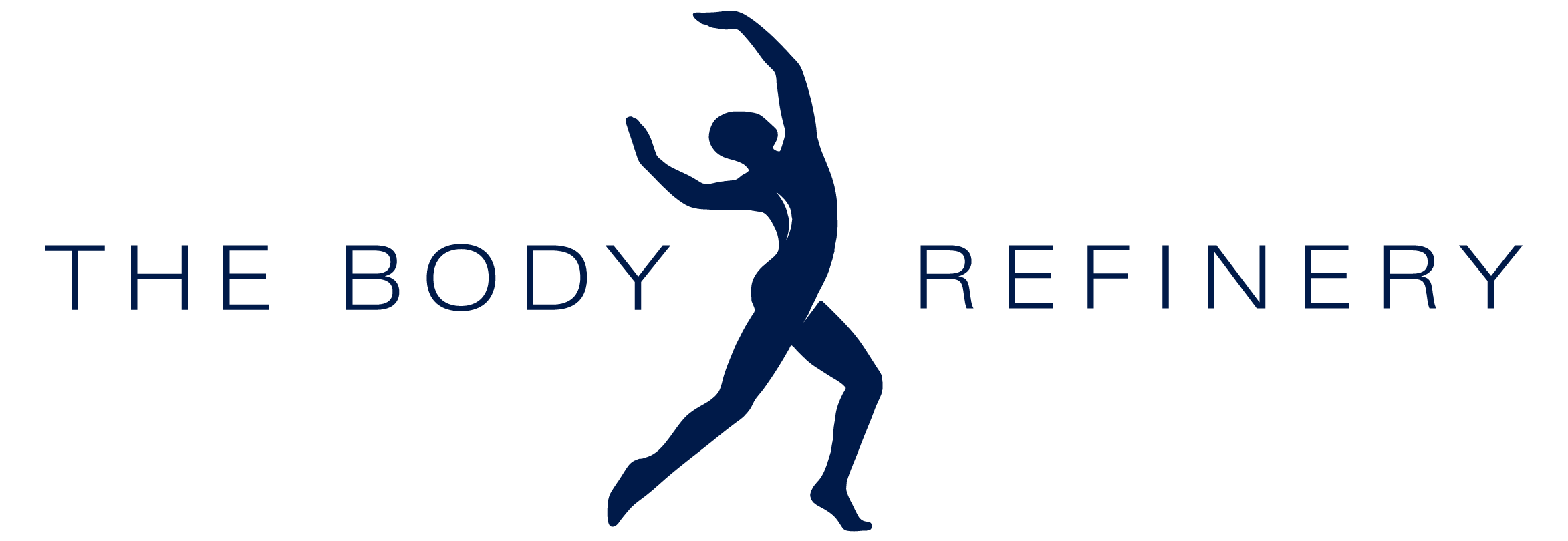Fitness Classes: For our fitness classes (e.g. Reformer Pilates, Pilates Matwork, Yoga, TRX, & Barre) an initial consultation is not required. You’re able to join a class once you sign our waiver declaring that you are safe to exercise. Our classes have a maximum of 10 clients, which allows the instructor to oversee the exercises and help you get the most out of your classes by correcting and modifying techniques. Certain fitness classes are fast-paced and are not suitable for clients who require exercises to be modified due to injuries or after 12 weeks of pregnancy. Undertaking certain exercises while pregnant or injured can have negative consequences, so please discuss any such matters when booking your class and with your instructor. If you are unsure as to whether a certain class is right for you, please talk to our friendly admin team, as different skill levels may be required for different types of classes.
Studio Pilates Classes: Studio Pilates classes utilise all our Pilates equipment, and require an initial consultation (movement assessment) to be undertaken before commencing. We use the movement assessment to: assess your body and determine the best possible program to suit your needs; identify any postural, alignment or pain concerns; and provide an introduction to Pilates and the equipment that you will be using. While you can start Studio Pilates classes once you have completed your movement assessment appointment, if you are new to Pilates, it can be highly beneficial to have a few privates (1-on-1) lessons prior to joining a Studio Pilates class. Studio Pilates classes have a maximum of 4 people in each class, and are taken by a trained Pilates instructor.
Clinical Rehab and Clinical Strength Classes: These sessions are for clients looking to manage chronic conditions or wanting treatment for specific pathologies from injury or other conditions. They are small group physiotherapy-based exercise classes that incorporate a range of exercises, including Pilates-informed exercises. Prior to attending these classes, an initial assessment with a physiotherapist is required in order to assess your condition, develop a program, and assess the suitability of different classes for your requirements or condition. It may be appropriate for you to have some 1-on-1 private sessions prior to progressing to classes. These classes have a maximum of 4 people in each class, and are taken by a physiotherapist.
Practitioner Appointments: These sessions (Physiotherapy, Osteopathy, Exercise Physiology) require the completion of an initial consultation form, and a 45-minute initial consultation, in order to provide the practitioner with important background information related to your health and any concerns you have (e.g. prior surgery, lower back pain, movement problems). If follow-up appointments are required, they are usually shorter, depending on the area of injury or concern and the number of areas that require treatment.






